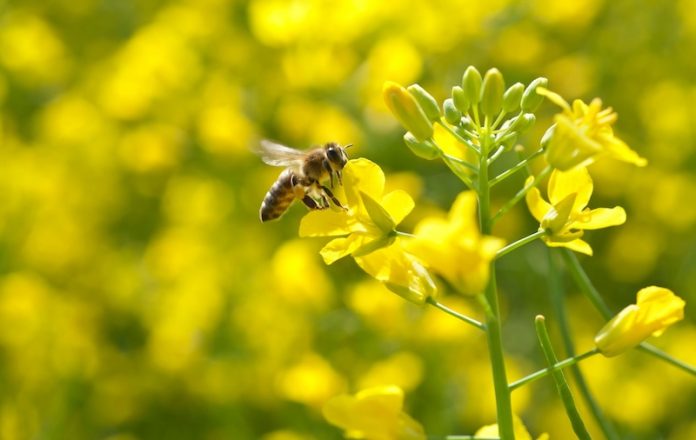
New research from the University of Michigan has found that high pollen levels can be more than just a nuisance for allergy sufferers—they may also increase the risk of death among older adults with breathing problems. As climate change extends pollen seasons and makes them more intense, these risks are expected to grow.
The study, published in BMC Public Health, examined how different types of pollen affect people with chronic respiratory conditions. Researchers found that exposure to high levels of pollen, especially from deciduous trees and ragweed, was linked to an increased risk of death from breathing-related illnesses. These effects could last up to two weeks after exposure.
The Growing Impact of Pollen on Health
Pollen is a fine powder produced by plants, and it plays a crucial role in plant reproduction. However, for people with conditions such as asthma or chronic obstructive pulmonary disease (COPD), inhaling large amounts of pollen can trigger serious breathing difficulties. While short-term symptoms like sneezing and congestion are well known, this study highlights more severe long-term consequences.
“As pollen levels continue to rise and seasons get longer, more people may face serious health risks, especially older adults with existing breathing problems,” said Peter Larson, the study’s lead author and a researcher at the University of Michigan’s School of Public Health.
How the Study Was Conducted
The research team analyzed death records in Michigan from 2006 to 2017, focusing on deaths caused by respiratory problems. They looked at four types of pollen:
- Deciduous tree pollen (from trees that shed their leaves)
- Evergreen tree pollen
- Grass pollen
- Ragweed pollen
Using advanced computer models, they estimated daily pollen levels and examined how exposure affected death rates over time, from same-day effects to those occurring up to two weeks later.
Climate Change and the Future of Pollen Seasons
The findings come at a time when climate change is making pollen seasons longer and more severe. Warmer temperatures and higher carbon dioxide levels allow plants to produce more pollen for extended periods. This means that people with respiratory conditions could face increased health risks for much of the year.
While not everyone is equally sensitive to pollen, the study underscores the need for increased awareness and better public health strategies. Tracking pollen levels, warning at-risk populations, and encouraging precautions—such as staying indoors on high-pollen days—can help reduce exposure.
The researchers stress that as climate change continues to intensify pollen seasons, health officials and policymakers must take these risks seriously. Preparing for longer and more intense pollen seasons will be key to protecting vulnerable populations in the years to come.
If you care about heart health, please read studies about how eating eggs can help reduce heart disease risk, and herbal supplements could harm your heart rhythm.
For more health information, please see recent studies about how drinking milk affects risks of heart disease and cancer, and results showing strawberries could help prevent Alzheimer’s disease.
The research findings can be found in BMC Public Health.
Copyright © 2025 Knowridge Science Report. All rights reserved.



